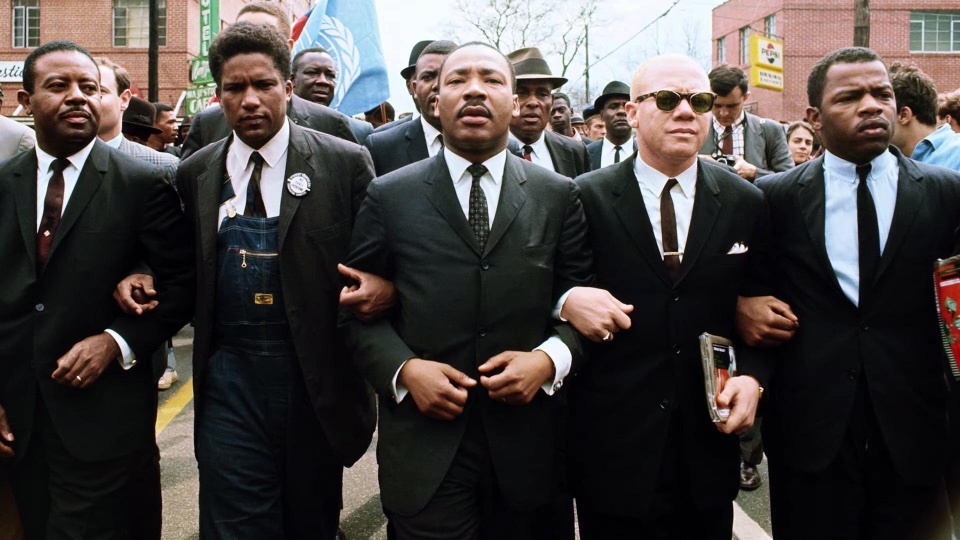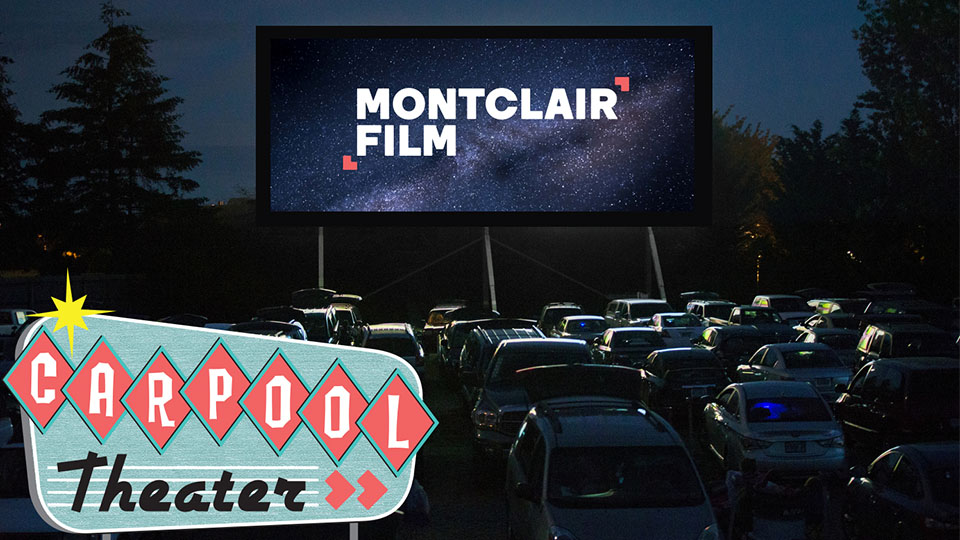Film
John Lewis: Good Trouble

$25 per Car
*Tickets must be purchased online prior to the event
Using interviews and rare archival footage, Dawn Porter’s JOHN LEWIS: GOOD TROUBLE chronicles Lewis’ 60-plus years of social activism and legislative action on civil rights, voting rights, gun control, health-care reform and immigration. Using present-day interviews with Lewis, now 80 years old, Porter explores his childhood experiences, his inspiring family and his fateful meeting with Dr. Martin Luther King Jr. in 1957. In addition to her interviews with Lewis and his family, Porter’s primarily cinéma verité film also includes interviews with political leaders, Congressional colleagues, and other people who figure prominently in his life. Magnolia Pictures and Participant will release the film in theaters and on-demand on July 3rd.
Q&A with director Dawn Porter to follow the screening.
This film begins promptly at sunset (approximately 8:45PM), and ticketed patrons should plan to arrive early in order to follow strict safety precautions for the screening.
For more information on our Carpool Theater events, check out our FAQs.
-
Genre
Runtime
96 min
Section
Carpool Theater
Release Year
2020
Director
Dawn Porter
Producer
Erika Alexander, Ben Arnon, Laura Michalchyshyn, Dawn Porter
Subject
John Lewis
Country
USA

